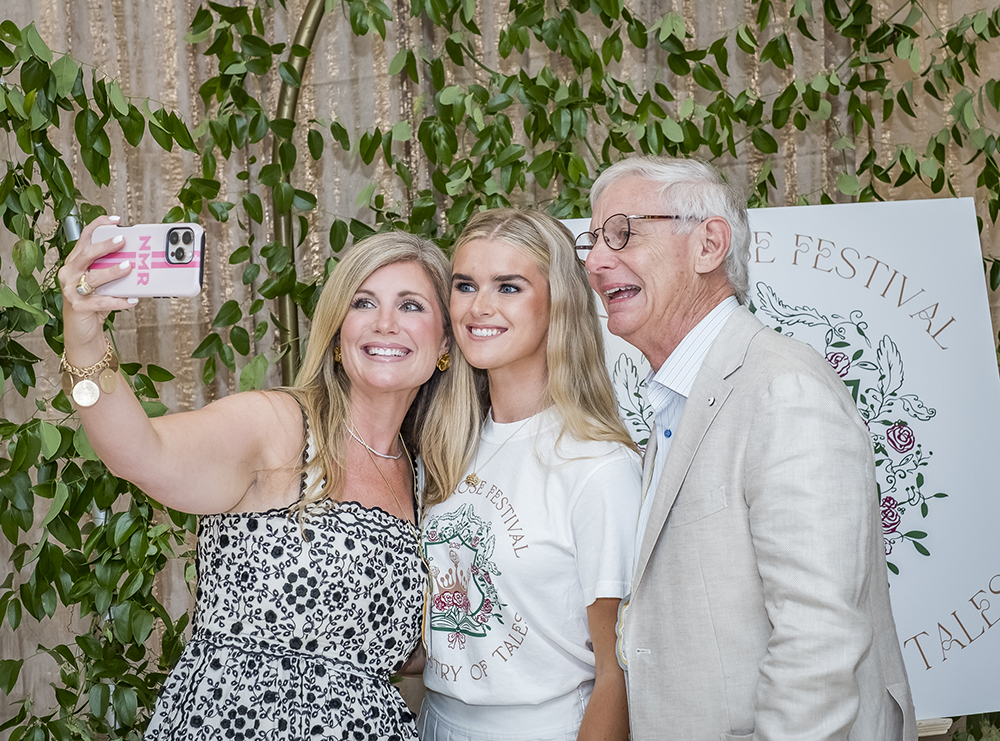Let free markets save polar bears
Published 8:32 pm Wednesday, April 15, 2015
Sure, polar bears are cute — that’s why they’re conscripted in marketing campaigns from Coca-Cola to global warming. Setting aside the fact, for now, that they’re perfectly willing to eat people, the left-leaning magazine Salon is warning that the bears could be in more danger from us.
What the magazine is missing is that the most successful conservation efforts historically have employed the free market, commoditizing wildlife in order to preserve it. In other words, hunting can save a species.
Trending
“More polar bears could be killed by wealthy trophy hunters under a proposed bill that would allow their heads and skins to be shipped back to the U.S. from Canada,” Salon says. “Unlike polar bears living in Alaska, Russia, Norway and Greenland, Canadian polar bears can be legally hunted by nonindigenous peoples, according to Polar Bears International, despite their status as a threatened species. It’s currently illegal to import polar bear remains into the U.S. under the Endangered Species Act, but this bill could change that.”
Other groups note that the Bipartisan Sportsmen’s Act of 2015 does more than just allow hunters to send back trophies; it also would expand trapping and possibly even hunting on federal wilderness lands.
“While a good number of the provisions are benign, and a few even beneficial, there are several loaded grenades in the package that are inimical to the interest of wildlife, conservation and our public lands,” the Humane Society warns.
But history shows that hunting, trapping and the legal commercial trade in a species is often the best way to protect that species.
Free markets have already saved animal species in Africa.
“The red hartebeest and black wildebeest, to name two species, were virtually extinct elsewhere in southern Africa in the mid-20th century,” says Frank Miniter of Forbes magazine, who recently went on a safari there. “By trapping and transferring animals from this property — herds protected by the selfish self-interest of hunters — areas around southern Africa were able to begin new herds.”
Trending
The same principle is being used to protect black rhinos.
As Miniter says, “If Adam Smith had known a thing about wildlife he could have written a whole chapter in that wordy book of his about how wild animals with a real commercial value are apt to be bred and spread over the land.”
The principle here is called the “tragedy of the commons.” When something belongs to everyone, it belongs to no one.
Take the polar bears; right now, they’re hunted by selected indigenous groups — and poachers. Poachers take far more.
If those indigenous peoples were allowed to sell their hunting rights, it would be in their financial interest to ensure those polar bears in the wild were not hunted into extinction.
This is how it works in Canada, by the way, and even Polar Bears International admits it means fewer polar bears are killed and polar bear populations are rising.
Salon is worried about polar bears dying out. But so are hunters — who have the resources to help do something about it.







